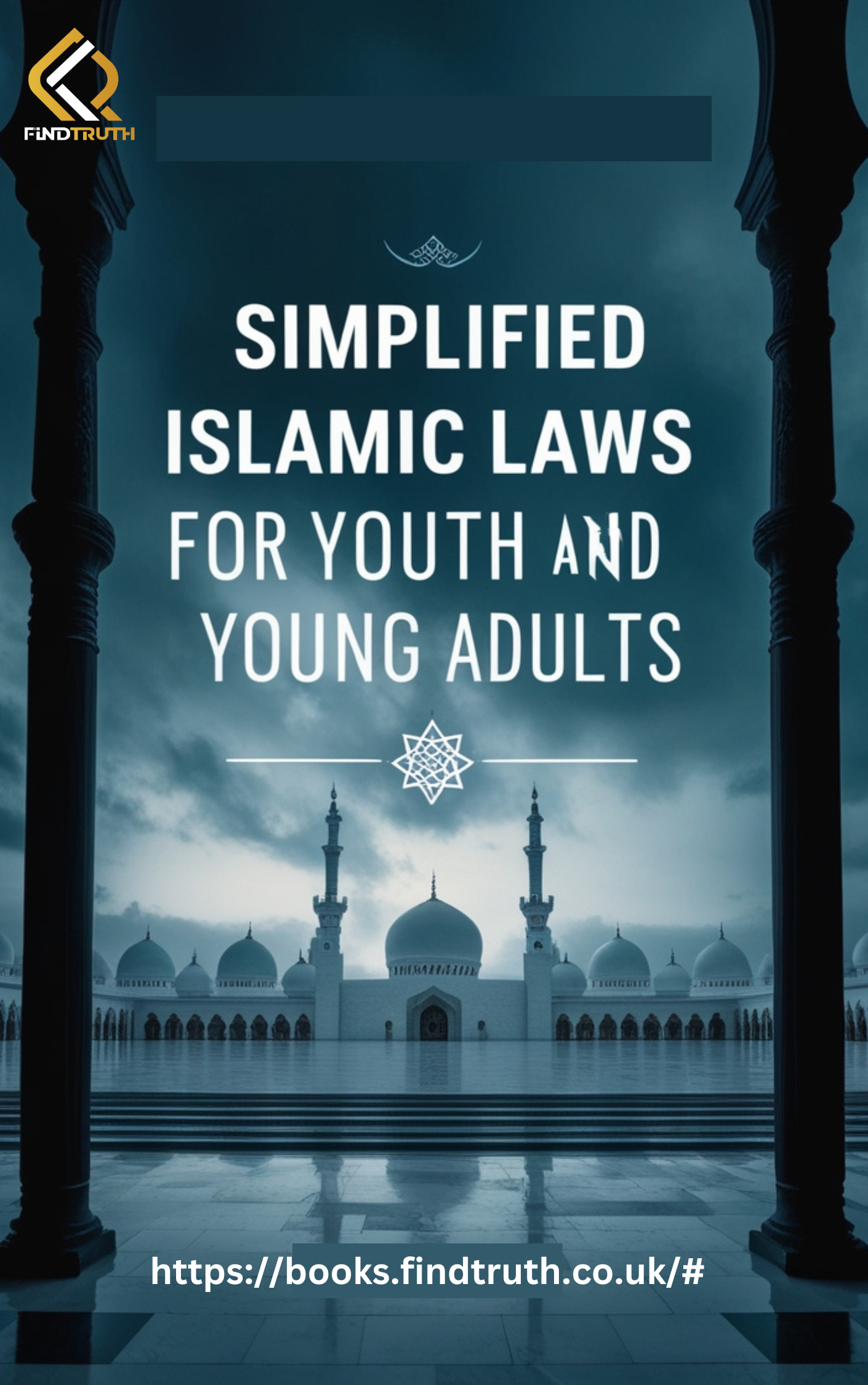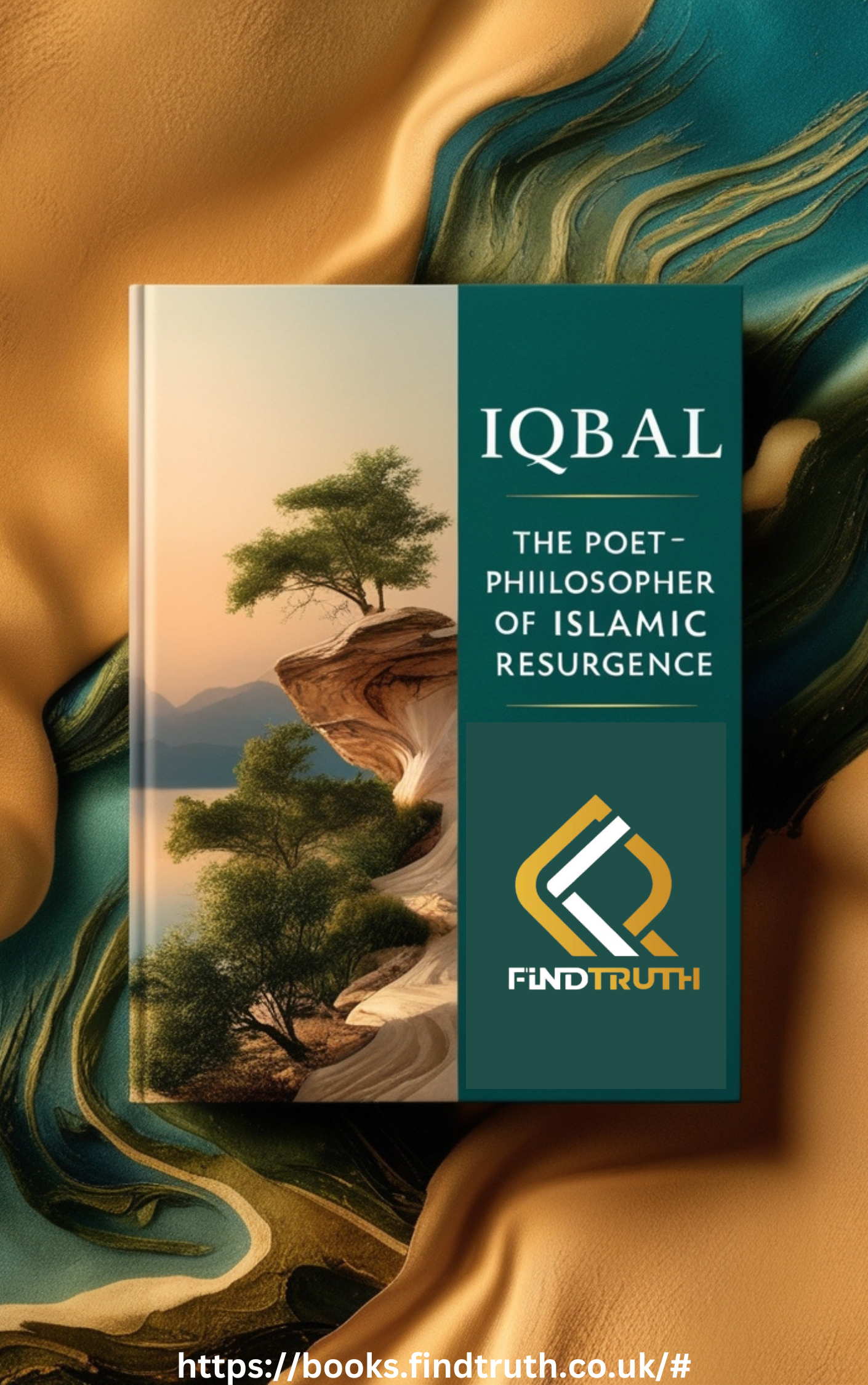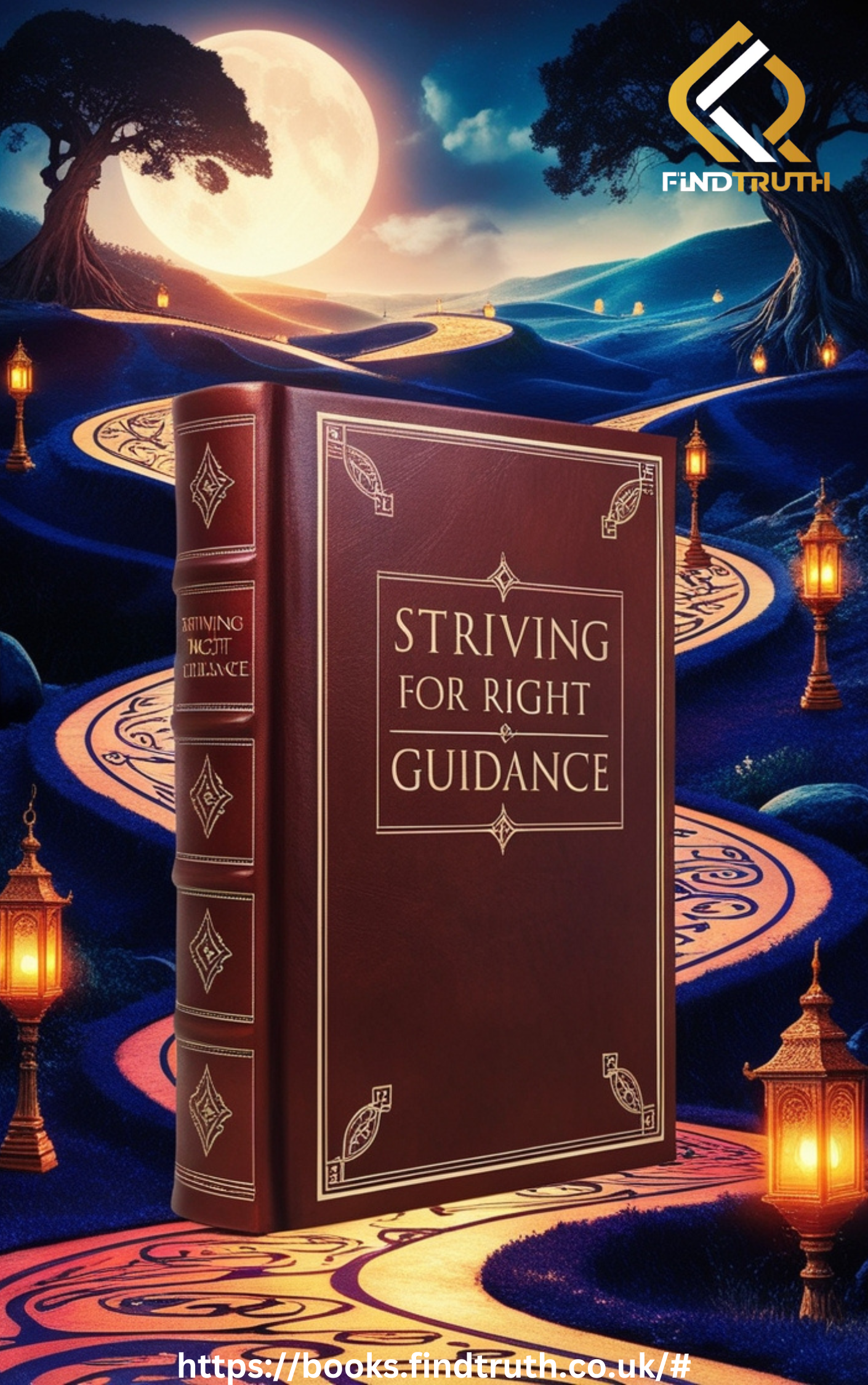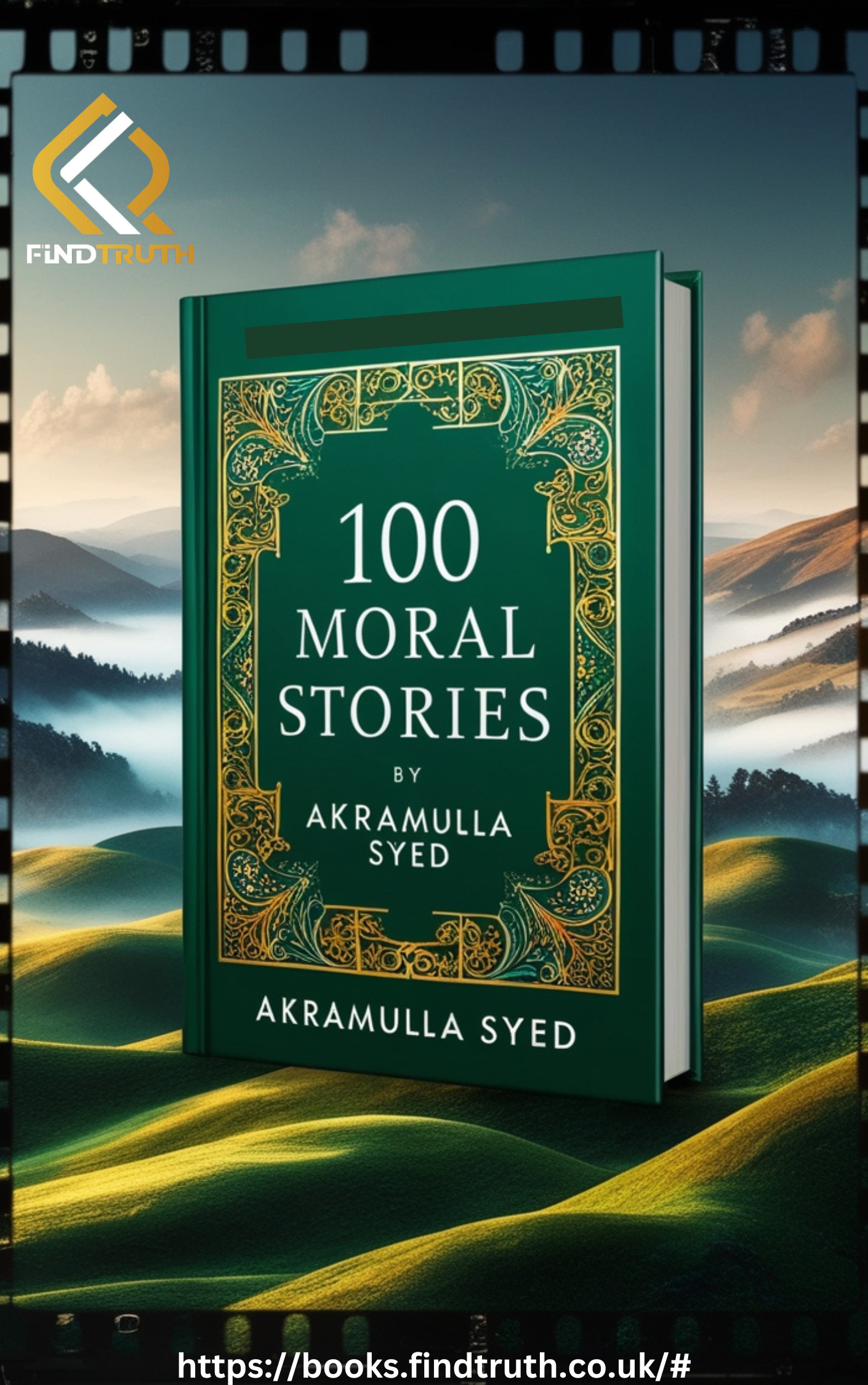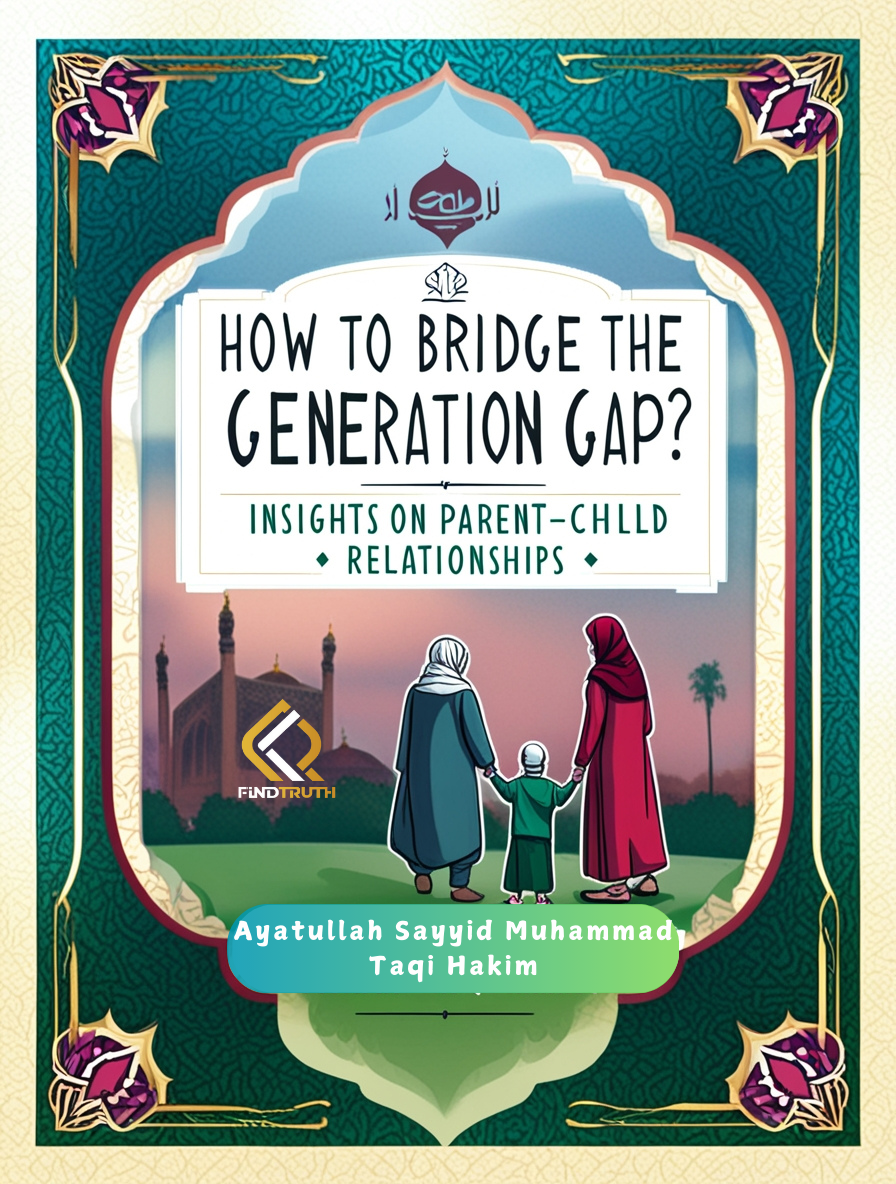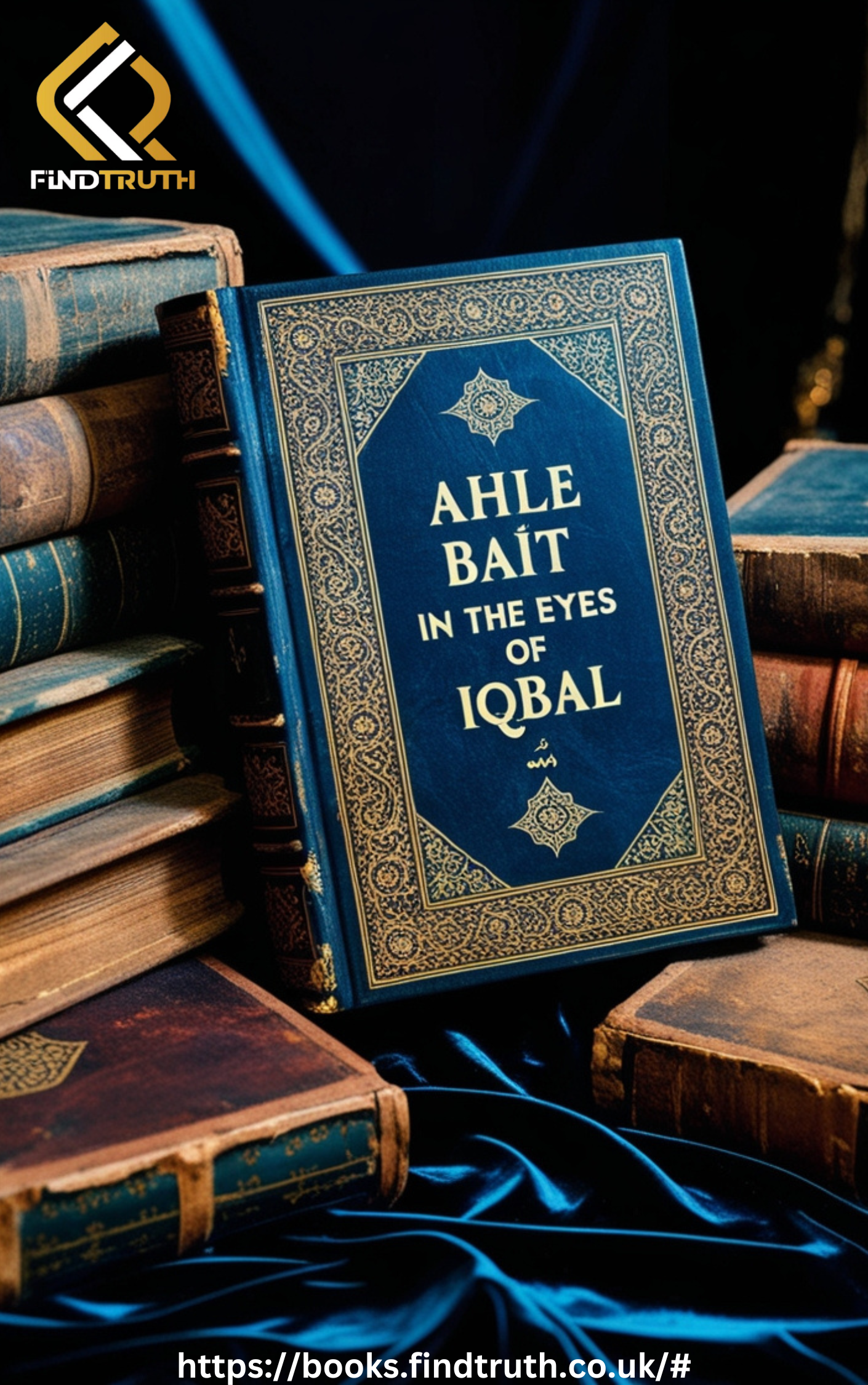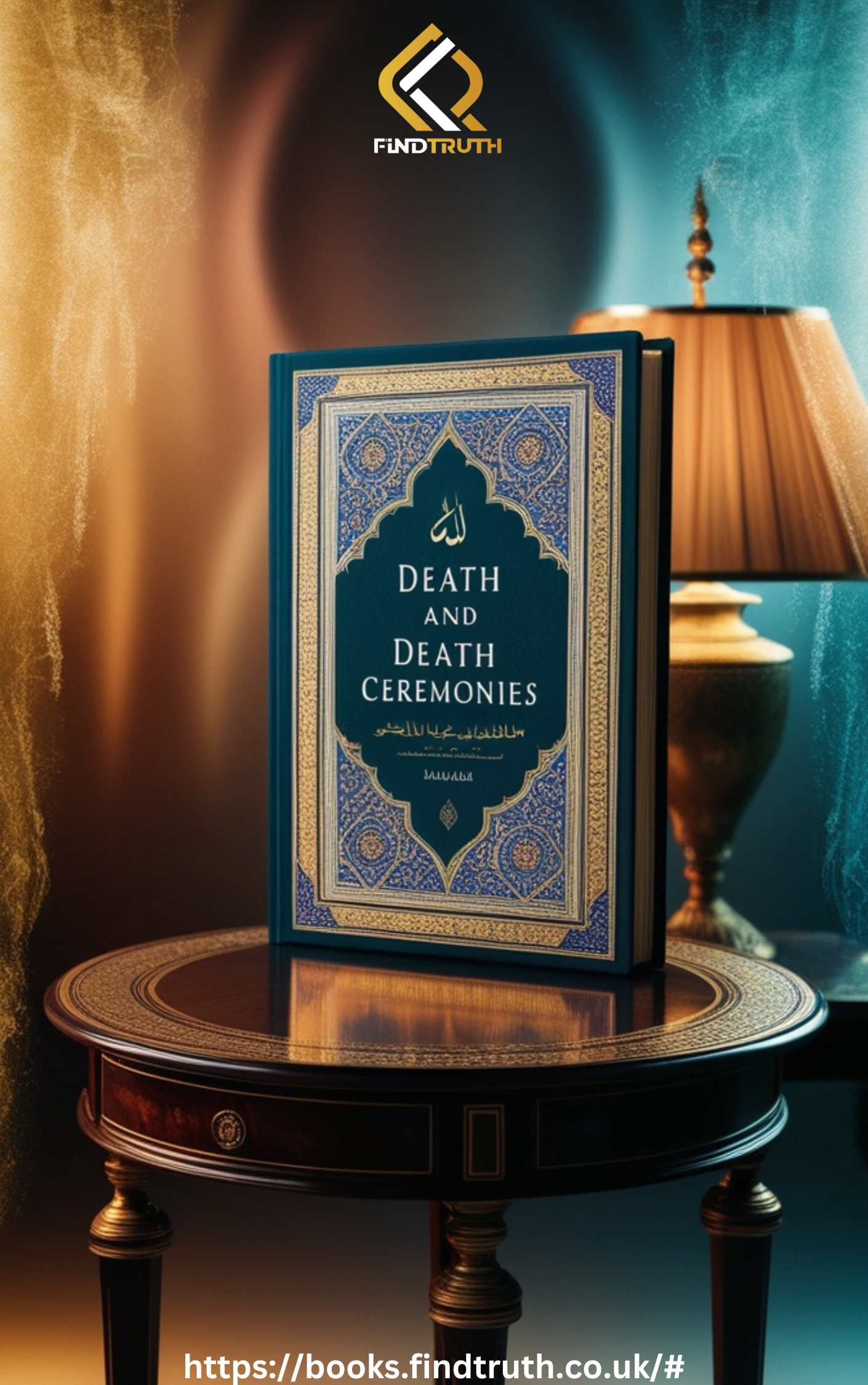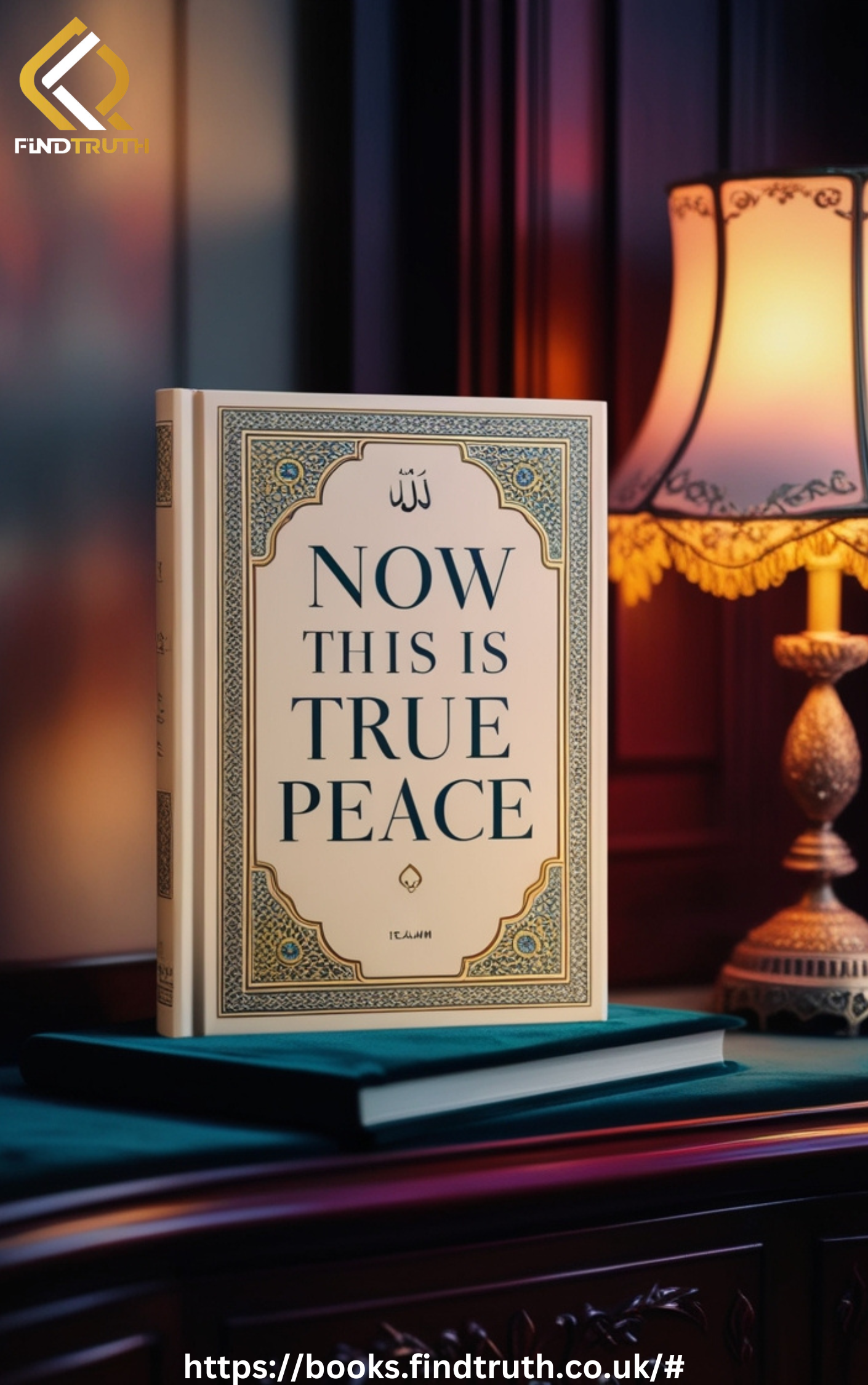
- Beliefs
-
Muslim Practices
- Salah (Daily Prayers)
- Sawm (Fasting)
- Hajj (Pilgramage to Makkah)
- Zakah (Charity Giving)
- Khums (Giving One-Fifth of Annual Saving)
- Jihad (Striving in the Way of God)
- Amr bil Ma'ruf (Encouraging Good)
- Nahy 'an al-Munkar (Stopping Evil)
- Tawalla (Loving the Prophet & His Family)
- Tabarra (Disassociating from the Enemies of the Prophet and His Family)
- Islamic Education
-
Akhlaq - (Ethics)
-
Quran & Sciences
-
Islamic History
-
Socio-Cultural
- Islamic Holy Places
-
Supplications
- Home
- Feature Selections ★
- Beliefs 🛐
-
Muslim Practices ☪️
- Salah (Daily Prayers)
- Sawm (Fasting)
- Hajj (Pilgramage to Makkah)
- Zakah (Charity Giving)
- Khums (Giving One-Fifth of Annual Saving)
- Jihad (Striving in the Way of God)
- Amr bil Ma'ruf (Encouraging Good)
- Nahy 'an al-Munkar (Stopping Evil)
- Tawalla (Loving the Prophet & His Family)
- Tabarra (Disassociating from the Enemies of the Prophet and His Family)
- Islamic Education
-
Akhlaq - Ethics 🔑
- Quran and Sciences 📖
-
Islamic History
- Socio-Cultural
- Islamic Holy Places
- eBooks
- Simplified Islamic Laws for Youth and Young Adults
Simplified Islamic Laws for Youth and Young Adults
(0 User reviews)
801
552
Islamic Humanitarian Service (IHS)
Islamic Humanitarian Service (IHS)
2013
Islamic laws for youth, simplified Islamic practices, Islamic rules for young adults, Salah guide, Sawm and fasting for youth, Zakah and Khums, Islamic Humanitarian Service (IHS), youth spirituality in Islam, core Islamic values for young adults, Islamic lifestyle guide for youth
91
English
A user-friendly guide to Islamic laws and practices for youth and young adults, covering essential aspects of the faith.
"Simplified Islamic Laws for Youth and Young Adults" by Islamic Humanitarian Service (IHS) is a practical guide that presents essential Islamic laws and practices in an easy-to-understand format for younger audiences. It covers topics such as daily prayers, fasting, charity, and other fundamental Islamic obligations, aiming to engage youth and encourage adherence to Islamic values in their everyday lives.
There are no reviews for this eBook.
0
0 out of 5
(0 User reviews )
There are no comments for this eBook.
You must log in to post a comment.
Log in
Related eBooks
By using our site you agree to our use of cookies to deliver a better site experience.
